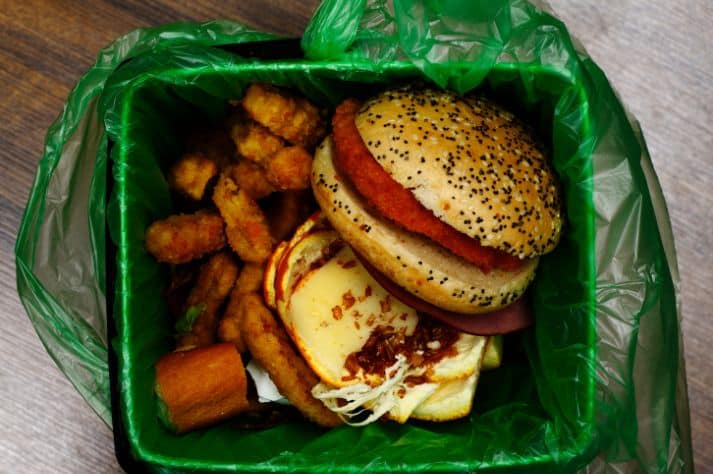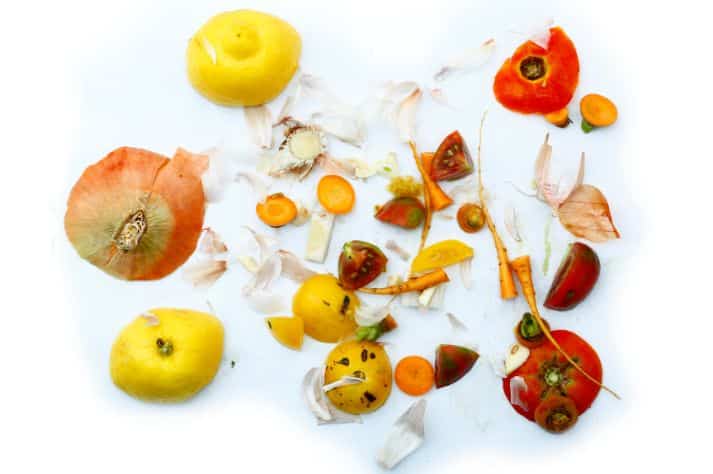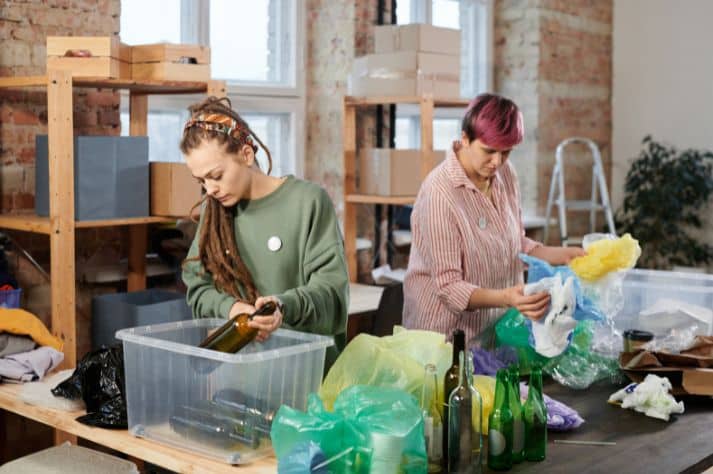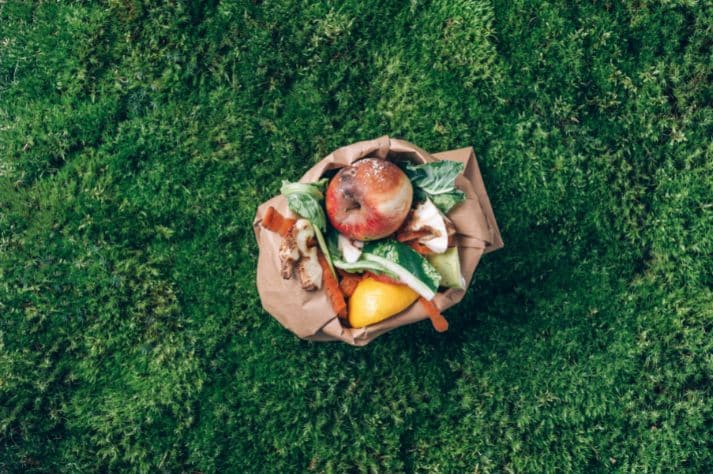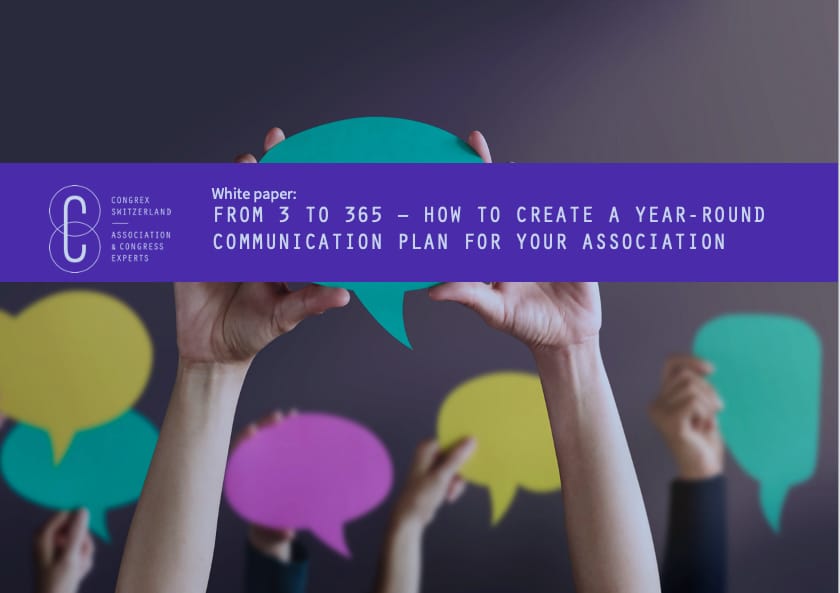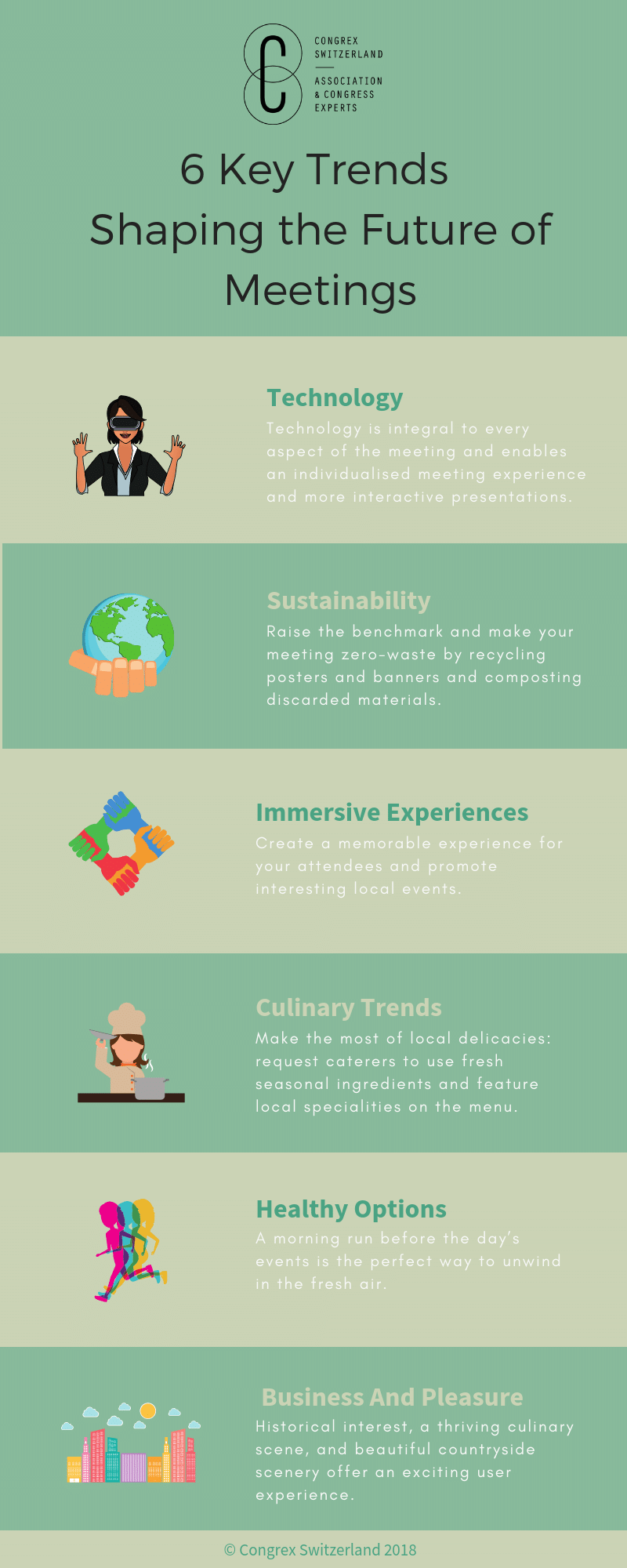Managing to avoid food waste at a conference or event is essential to hosting a more sustainable conference. The events industry has a greater chance of wasted food because, as a simple example, it can be challenging to cater to many people’s exact numbers and tastes.
Planning and implementing a food waste reduction programme is always tricky when planning a conference or event for a large number of people. However, this guide is designed to provide specific tips to reduce food waste and host a more environmentally friendly conference.
Related Blog: Six ways to make your conference more sustainable
Plan Menu Wisely To Avoid Food Waste At A Conference
Planning the menu is integral to avoiding eventual wastage at the event you plan and helps you organise waste management more efficiently. The food and beverage menu should always be a priority and done proactively by you and your team.
While planning, you should ideally think about upfront lessening and downstream deviation. Aim to look for ideas to avoid food waste upfront while diverting waste to other channels.
While planning a menu, consider packaging, histories, service styles and guarantees. You must also accurately estimate the volume of food needed by accounting for the number of attendees, timing of breaks and event type.
As a rough rule of thumb, we recommend ordering food for about 50 – 70% of attendees. You can always increase food quantities for the following lunch or coffee break if the catering is scarce, but normally you cannot decrease. Also, ensure that you order individually for every coffee break or lunch, and do not order global numbers.
Ordering local food will not reduce waste, but it is the more eco-friendly option. The reduction of transport in the supply chain reduces your brand’s carbon footprint and leads to a significantly lower environmental impact.
Reducing carbon emissions has a positive impact on the environment. It allows you to promote your brand ethos in a positive light as you host a more eco-friendly conference. Sourcing local suppliers also offer a more authentic local experience for your attendees from abroad.
Measure, Plan, And Enhance Food Services
Measure the quantity consumed and report the amount used during past conferences and events. This will give you thorough information about past consumption, and improving on the past can lead to more sustainable practices. Once you know the average consumption during each event held in the past, you will be better positioned to minimise food wastage for your current event.
You should ideally also measure cost impact, organic waste and food donation options. Besides donating, you may also divert food wastage towards composting.
Managing a waste log is also a great way to record what you are throwing away. This will help you calculate the value of your food loss. Maintaining this log will ensure that you make better decisions in the future. As a viable alternative, you could also pass on certain foods ideal for canning and pickling to companies undertaking this.
Be Smart With Your Service
Some smart service ideas will help minimise food waste at your next conference. For example, using smaller buffet bowls, avoiding plating in advance and removing needless garnishes are a few ways to help you minimise and avoid food wastage as much as possible.
When serving snacks, choose items not individually packed so that people can serve only what they need instead of being forced to take a whole packet. This is also more environmentally friendly as it reduces the use of single-use plastics. Green events successful in sustainability opt for recyclable or recycled materials when packaging is necessary.
Another shrewd service idea is to partner with local farmers and companies to preserve surplus vegetables and fruits. You can then package them using recyclable materials and give them away as mementoes to customers or event attendees. This way, more people can utilise the food and prevent overall wastage.
Consider Partnering With Food Donation Programmes
While preventing wastage from the start is ideal, preventing wasted food from going into the landfill is vital, so be sure to follow a good food wastage reduction strategy. You must consider food donation programmes as part of your waste reduction strategy. Several cities and countries allow second harvests to ensure that leftover food (which meets health guidelines) can make it to those who are less fortunate.
You should also ensure that food is saved in appropriate containers for later consumption through food donation. Labelling leftovers will help you keep track of all the food that has been wasted and how much has gone through the food donation channel.
Food should be managed appropriately when it comes to hosting events and conferences. All efforts should be made first to reduce the amount of food waste. You could then explore alternative avenues of food donation, livestock feeding, food waste for industrial energy and compost creation. Thorough awareness of food waste is a must because this will lead to accountability and corporate social responsibility.
Related: The role of the Professional Conference Organiser (PCO)
Congrex has an expert team of project managers who can help your organisation achieve your event/conference goals. Check out our Project Management Services and get in touch!

